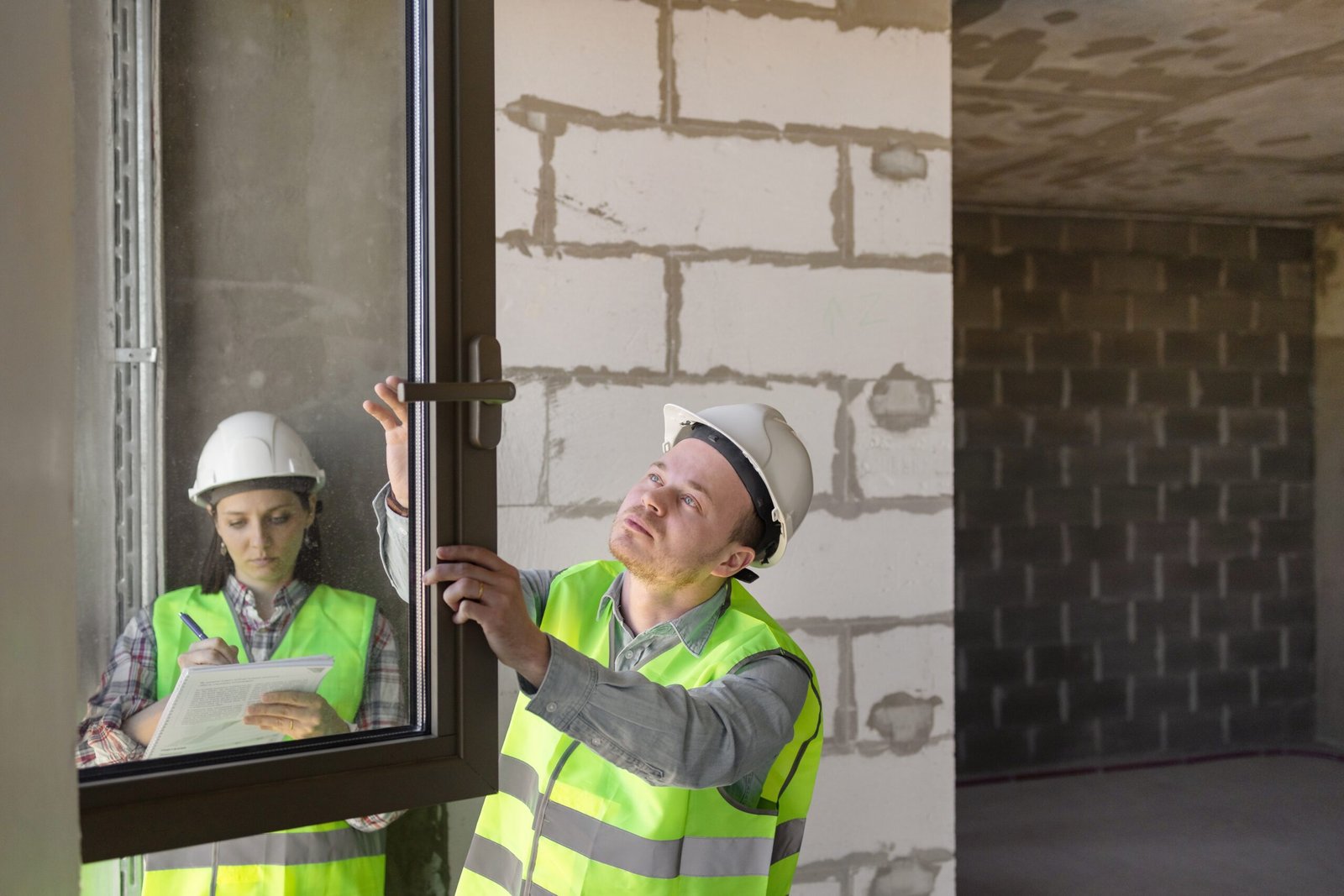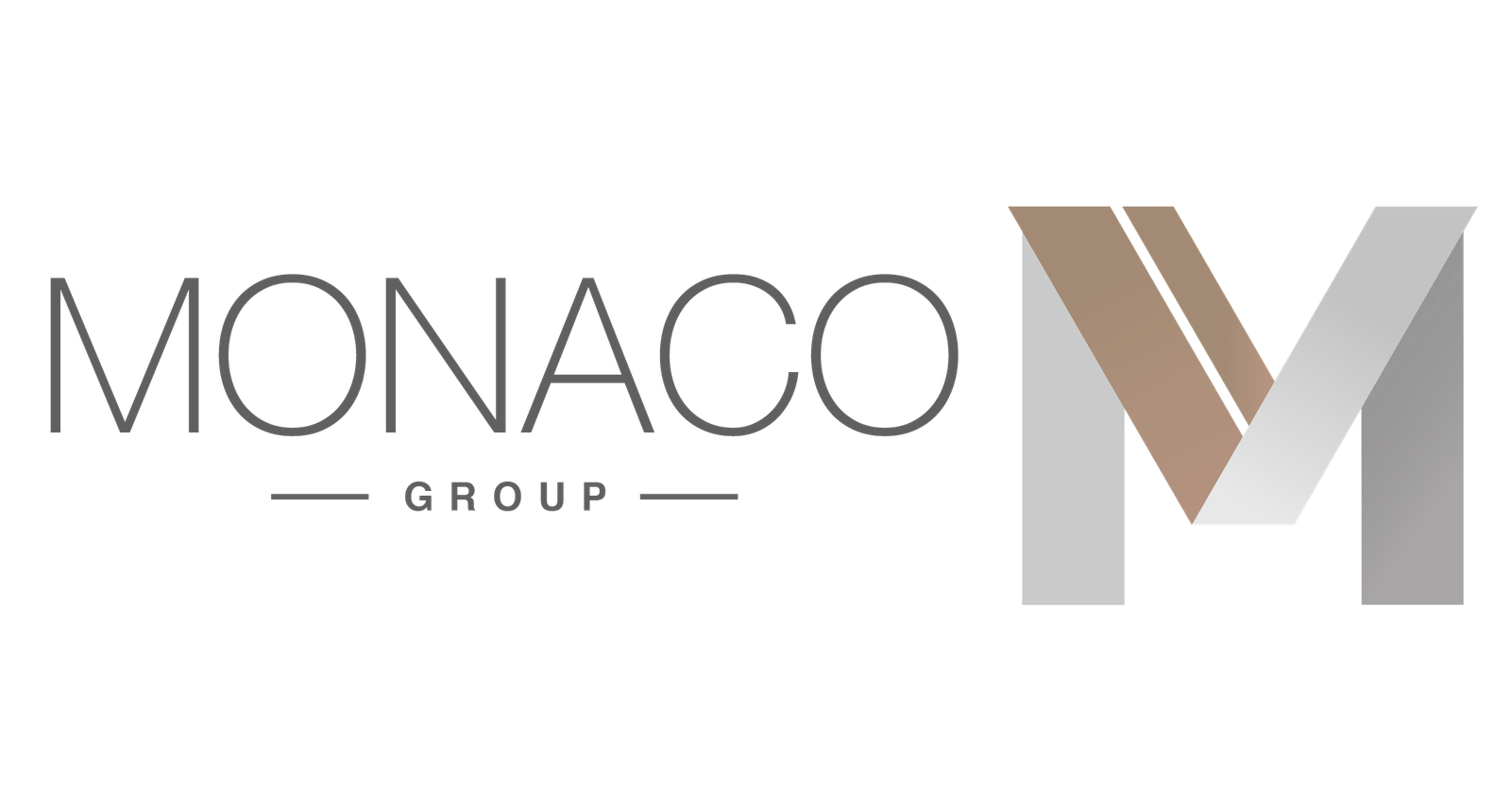Impact Windows in Florida: Everything You Need to Know About 2025 Regulations

Find A Good Apartment
Impact windows have become a critical feature in Florida’s construction industry, especially in coastal areas prone to hurricanes. With the increasing frequency of tropical storms and severe weather events, the state has implemented strict regulations to ensure the safety of homes and commercial buildings. In this post, we’ll explore the importance of impact windows, current Florida regulations, and how they affect homeowners, builders, and investors.
What Are Impact Windows?
Impact windows are specially designed to withstand the force of flying debris and strong winds. Unlike regular windows, they are made with reinforced, laminated glass that remains intact even if shattered, preventing glass fragments from entering the interior of the property.
These windows are especially crucial in Florida, where hurricane season can be devastating. In addition to providing extra safety, they also improve energy efficiency and reduce noise.
Florida’s Impact Window Regulations
Florida has set strict regulations for impact windows through the Florida Building Code (FBC). These regulations are designed to protect both people and property during hurricanes and other severe weather events. Below are key points of the current regulations:
- High-Risk Zones (Wind-Borne Debris Regions) The most stringent regulations apply to areas designated as Wind-Borne Debris Regions, which include Florida’s coastal areas and other zones with a high risk of hurricane-force winds. If your property is located in one of these areas, you’re required by law to install impact windows or use hurricane shutters to protect them.
- Building Code Compliance Under the Florida Building Code, impact windows must meet specific testing standards, such as ASTM E1886 and ASTM E1996, which assess a window’s resistance to impacts and wind loads. In some regions, they must also withstand winds of up to 200 mph (miles per hour).
- Permits and Certification All impact window installation projects must be completed by licensed contractors and comply with local permitting requirements. Additionally, it’s important to ensure the windows you install have the proper certification to confirm they meet state regulations.
- Renovation Requirements If you’re planning a significant renovation, impact windows may be mandatory depending on the scope of the project. Consult with a professional to ensure your renovation complies with current codes.
Benefits of Impact Windows
Beyond regulatory compliance, impact windows offer several benefits, making them a smart investment for any property in Florida:
- Hurricane Protection: Safety is the most obvious benefit. These windows are designed to protect your home from strong winds and flying debris, common during tropical storms and hurricanes.
- Energy Efficiency: Impact windows can also improve the energy efficiency of a home by reducing heat transfer and keeping indoor temperatures more stable.
- Noise Reduction: Their advanced design helps block out external noise, which is particularly beneficial in urban areas or near highways.
- Increased Property Value: Properties with impact windows tend to be more highly valued in the market, as buyers seek homes with better safety features and code compliance.
Considerations for Investors and Builders in 2025
For investors and builders working in Florida, understanding impact window regulations is crucial. Properties that fail to comply with the current standards can face issues during inspections, and may even lose value in the market. Complying with these regulations can also attract buyers who value safety and long-term investment security.
Conclusion: Investing in Impact Windows in Florida
Installing impact windows in Florida is not only a smart choice to protect your property from hurricanes but also a legal requirement in many areas. With stricter regulations in place for 2025, now is the perfect time to invest in impact windows to ensure your property is prepared for any weather event. Make sure to work with licensed contractors and choose certified products to guarantee compliance with the Florida Building Code.

